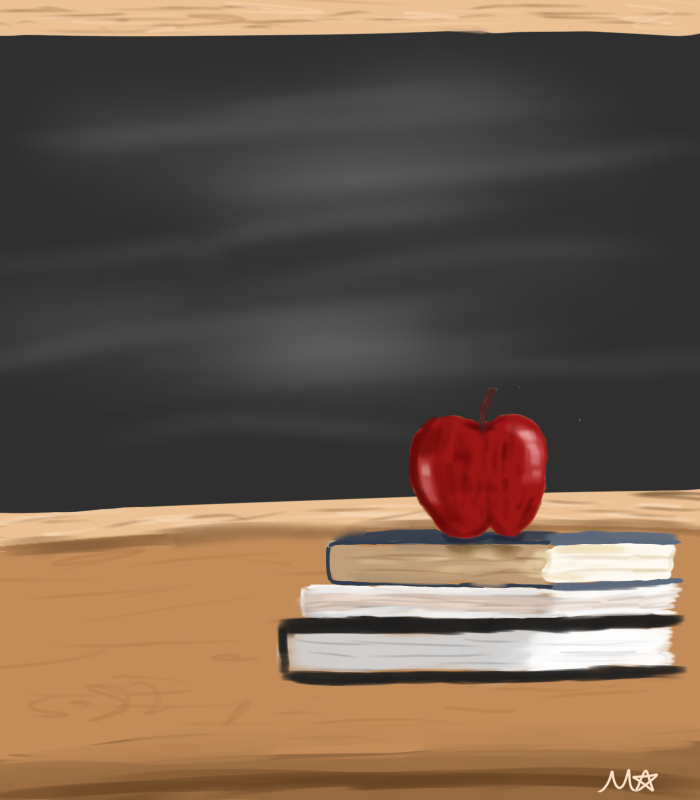Once finals are done and school is over, the last thing on the minds of many– but not all– is reading. From that point forward, brains automatically focus on whether reading during the summer is a fun and relaxing activity or just boring busywork. Nevertheless, students who know they will be taking an Honors/AP English course the following school year are fully aware of what awaits them: summer reading assignments. Despite their controversy, summer reading assignments are beneficial to students.
A summer reading assignment is just as the name suggests: a reading assignment, assigned over the summer. This assignment is given in preparation for what is to be discussed in class upon arrival back to school. “The Honors/AP summer reading is your first assignment in that class. You read it, you get assessed on it. How [well] you do on that first test tells you if you belong there,” explained English Department Chairperson and teacher Mary Kirby. Summer reading assignments can vary based on school, state, or even country. At LHS, summer reading assignments differ according to whether a student has chosen to take Regents or Honors/AP English.
A Regents student’s assignment is to choose any book he wishes and be prepared to speak about it upon arrival back to school in September; he receives a written assignment and/or project on his book as well. The Honors/AP assignment is to read the designated novel for the grade and be prepared to take an assessment on it. The current honors titles include: The Secret Life of Bees by Sue Monk Kidd, Things Fall Apart by Chinua Achebe, The Catcher in the Rye by J.D. Salinger, and a specific list of 12 contemporary novels for 9th, 10th,11th, and 12th grade respectively.
Honors/AP students are expected to read their novel (with the exception of also annotating in 11th grade) and be prepared to discuss the titles. Each grade’s teacher devises written assignments differently. Notably, the books assigned in the Honors/AP courses are highly-esteemed novels discussing timeless themes. This means students must read perceptively, be prepared to discuss sensitive subjects, and take note of special characteristics that others may not be able to identify as easily. Seeing that everyone in the class is reading the same book, that also means the discussion will be more structured and targeted towards certain points the teacher wants to get across. That is precisely what makes the Honor/AP courses more rigorous.
Now many students, both Regents and Honors/AP, ask: Why? Common reasons for disliking summer reading include finding it boring or a waste of time; stressful; uninteresting; repetitive in terms of morals/themes, among others. In response to these reasons, it is important for students to realize that throughout their academic careers, they will be forced to read things they do not want to. In many ways, this happens on a regular basis when school is in session. The uniqueness of summer reading is that it is self-paced, meaning the student can choose how she goes about reading it in the designated time frame before school begins. Moreover, it does help that the summer reading can be completed in a reading space of one’s choosing, allowing her to be comfortable.
In response to the question asked above, Kirby replied, “Summer break is 10 weeks long. That’s quite a long time. When students come back, they’re sort of lost and don’t know what to do. Summer reading, simply just reading, keeps your brain going, helps your vocabulary grow, and helps you grow!”
It is evident that any reading, whether for work or pleasure, helps expand vocabulary, advance grammar skills, and improve contextualization capabilities. Specifically for Honors/AP courses, students who can see beyond “the big picture” and read in between the lines thrive. Additionally, reading anything can contribute to finding new interests and possibly new career paths. Whether it be a literary classic or random book found off a shelf, the benefits far outweigh the negatives.
Junior Aurore Baptiste shared her experience with summer reading. “I found reading over the summer to be a waste of time, especially over the fact that summer is a period to have fun and relax, which is perfectly understandable. But after noticing the effects that summer reading and reading in general had on me, I have been managing my time, not only to read the book assigned or the book chosen for the assignment but also read a book for pleasure,” Baptiste admitted.
Sophomore Aaron Malinka agreed and expanded on his opinion of summer reading: “Most of the summer reading books I have read are quite boring to me. They are not a waste of time, and they do have some important, serious topics and messages, but they are not very interesting. Many of the summer reading options given in later grades have similar topics to other summer reading books, so they are repetitive.” He continued on to add, “I definitely like the [in-class] discussions on the books. I find that they help out with understanding and expose different points of view. The understanding of the depth of the book is enhanced by the discussions.”
In short, summer reading may not appeal to every student, and that is okay. Part of the process of accepting a summer reading assignment is to get over the dread of reading the book, whether it be assigned to an Honors/AP or Regents course. Once the first page is turned, students are forced to immerse themselves in the book whether they like it or not. From there students will form a relationship with their book and manage to find something they like, dislike, love, or hate. This “something” will be what they choose to discuss when school returns.
Biasedly, as a student who has taken Honors/AP for the last three years and will continue to do so next year, summer reading assignments are beneficial. Besides boosting literacy skills needed to survive in Honors/AP, they also set the tone for the school year. As students discuss and listen in on their classmates’ perspective of the book, they get to learn a lot about each other; the same applies to Regents classes. Fundamentally, these summer reading assignments can do a world of good and should definitely continue to be instituted into school curricula.


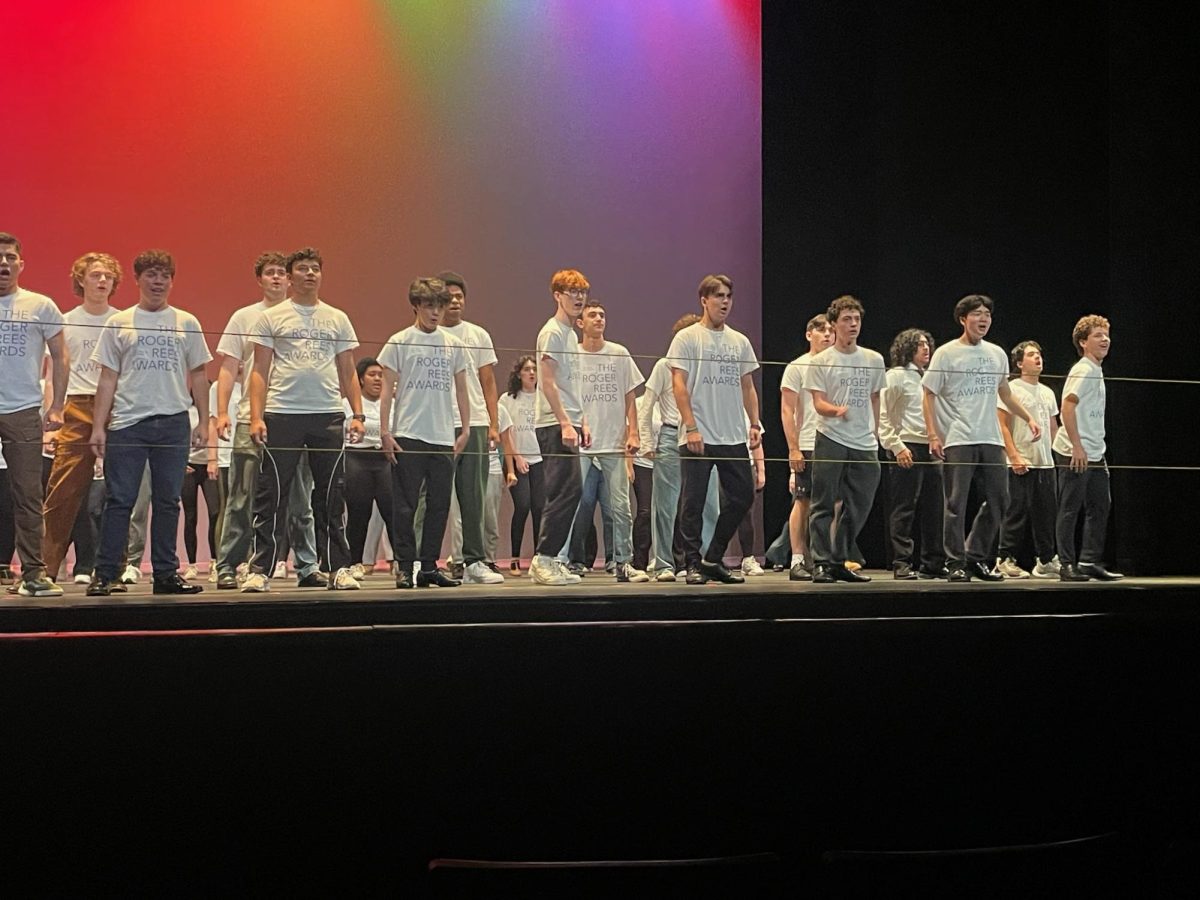




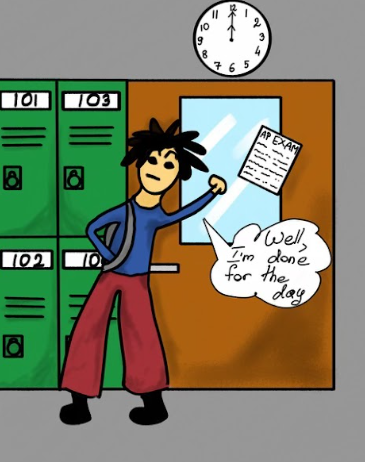
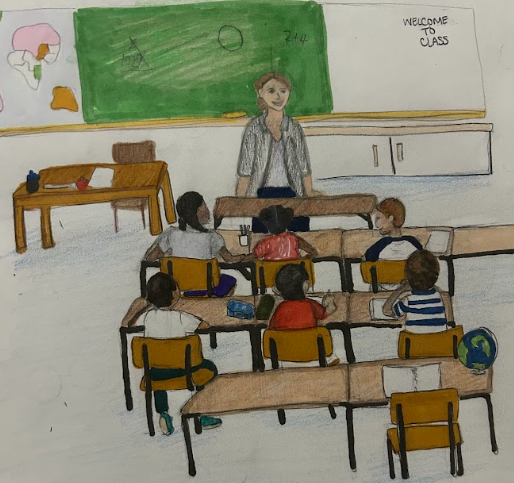






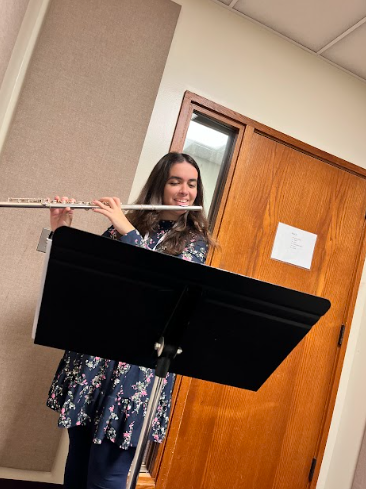
![Key Club members pose for a photo with Club Advisor Dr. Tieniber [far right] at Stonebridge Country Club. Photo Courtesy of @lhstieiber Instagram page.](https://lhshorizon.com/wp-content/uploads/2024/10/tempFileForShare_20241014-162748.jpg)

